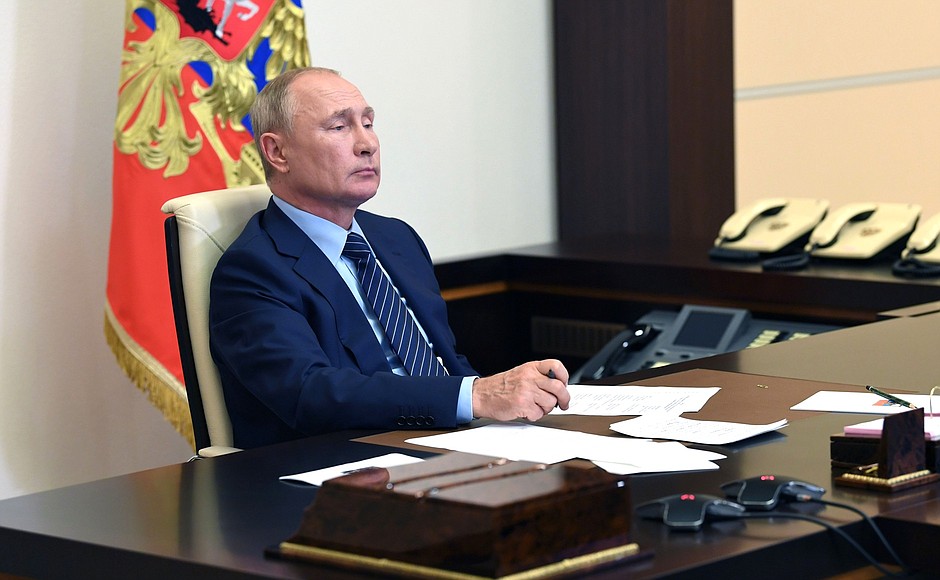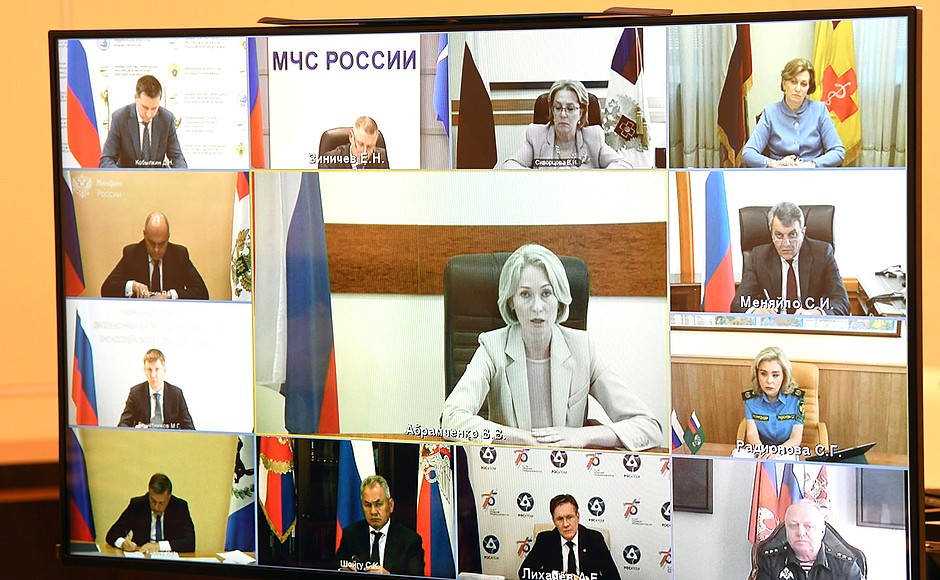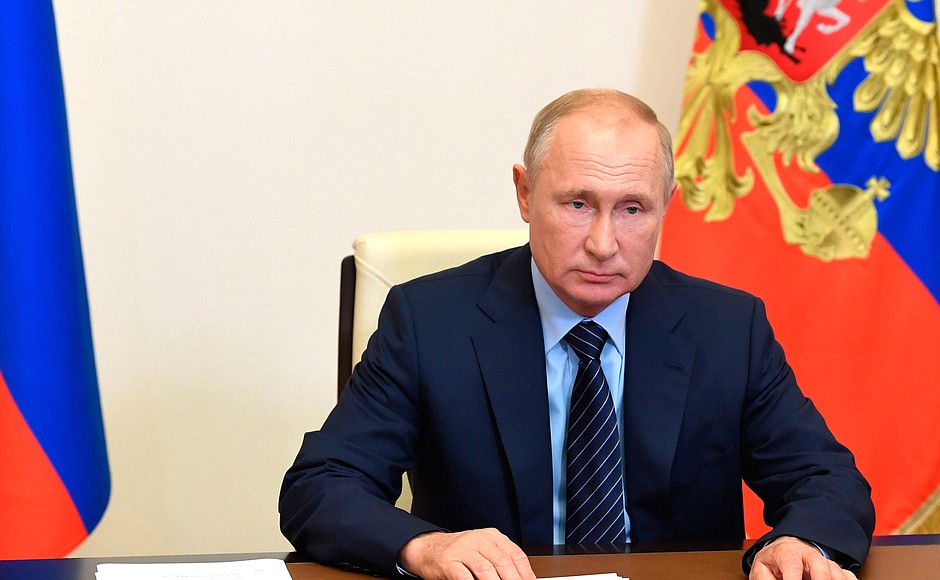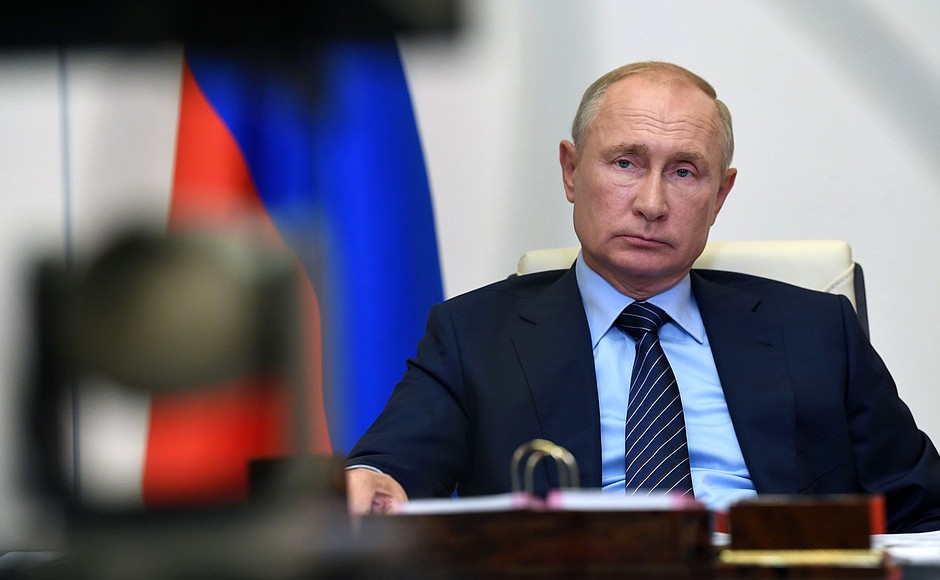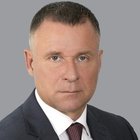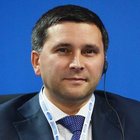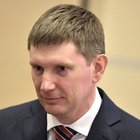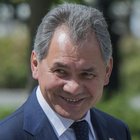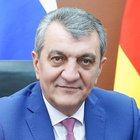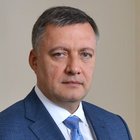The meeting was attended by Chief of Staff of the Presidential Executive Office Anton Vaino, Deputy Prime Minister Viktoria Abramchenko, Aide to the President Maxim Oreshkin, Minister of Civil Defence, Emergencies and Natural Disaster Relief Yevgeny Zinichev, Minister of Natural Resources and Environment Dmitry Kobylkin, Minister of Economic Development Maxim Reshetnikov, Minister of Defence Sergei Shoigu, Presidential Plenipotentiary Envoy to the Siberian Federal District Sergei Menyailo, Acting Governor of the Irkutsk Region Igor Kobzev, Special Presidential Representative for Environmental Protection, Ecology and Transport Sergei Ivanov, Head of the Federal Service for the Oversight of Consumer Protection and Welfare – Chief State Sanitary Physician of the Russian Federation Anna Popova, Head of the Federal Medical-Biological Agency Veronika Skvortsova, First Deputy Minister of Finance Leonid Gornin, Head of the Federal Service for Supervision of Natural Resources Svetlana Radionova, First Deputy Director of the Federal Service of National Guard Troops Viktor Strigunov, Director General of Rosatom State Atomic Energy Corporation Alexei Likhachev, and Chairman of the Executive Board of RUSNANO Management Company Anatoly Chubais.
* * *
President of Russia Vladimir Putin: Good afternoon, colleagues. Hello.
Today we will address the ecological situation, which is complicated, unfolding in the town of Usolye-Sibirskoye in the Irkutsk Region. The Acting Governor asked the federal authorities to consider this matter at the federal level.
Of course, before this meeting I took a close look at what is going on there and studied all the necessary information materials. It is obvious to everyone concerned that the burden of environmental problems has been accumulating for a long time, going back to the 1930s. A large chemical factory was functioning there.
Now, the waste storage facilities of that chemical factory are in a critical condition. Frankly speaking, nobody has ever done anything about them. Moreover, instead of settling the problem, it was actually glossed over.
Today I would like you to report in detail on the situation and the priority measures needed to localise the problem and to get rid of the critically hazardous facilities.
We must also determine the long-term procedure to rehabilitate the polluted environment, create conditions for the sustainable socioeconomic development of Usolye-Sibirskoye and create jobs for the local residents.
Let us discuss these topics now. First of all, I would like to give the floor to Mr Kobzev, Acting Governor of the Irkutsk Region, who has proposed that we hold this meeting today.
Acting Governor of the Irkutsk Region Igor Kobzev: Mr President, colleagues,
An industrial zone where chemical products were manufactured by Usolyekhimprom is located in Usolye-Sibirskoye in the Irkutsk Region. The total area of that zone is over 600 hectares, and it accommodates more than 400 industrial facilities, including production workshops, various buildings and structures, ground and underground communication lines, as well as sewers.
During the Soviet period, Usolyekhimprom was the backbone enterprise that employed over 7,000 people. It manufactured a wide range of chemical products for Siberia.
Regrettably, the factory’s potential has not been preserved in the new economic conditions, and the attempts to modernise it have failed. As a result, Usolyekhimprom stopped its operations and launched bankruptcy proceedings in 2010.
When the factory stopped, a considerable part of its waste was collected in underground storage facilities or left in the workshops and at auxiliary premises.
All production facilities, including soil and subsurface water, have been saturated with hazardous chemicals. This is yet more proof that special attention must be given to this facility.
In February 2020, I introduced a regime of restricted access to Usolyekhimprom. Its mercury-cathode electrolysis workshop has been added to the national register of accumulated environmental damage facilities. In June of this year, we submitted an application to include the workshop into the Clean Country national programme.
The Irkutsk Region Government is doing its utmost to find a comprehensive solution for this polluted industrial area. However, under the current legislation as it pertains to the regions’ powers, the implementation of measures to clean up the industrial area are being taken at the local level and very slowly. The regional government is unable to fully get rid of the pollution damage at Usolyekhimprom without federal assistance. However, we are ready to contribute to all the necessary measures.
We believe that when these operations are completed, the Usolyekhimprom area can be used as the territory for new facilities. There are several development concepts for it, including the establishment of mechanical engineering facilities, a charcoal factory, a lifts assembly plant, a silica processing factory, and other facilities.
Mr President, this concludes my report. I would like to ask you to support the Irkutsk Region Government in this matter.
While we are on the environmental safety issue, I would like to ask you about one more important and high-profile matter.
On July 24, the Federation Council approved a draft law on the specifics of regulating certain relations in order to modernise and expand the backbone infrastructure and amend certain legislative acts of the Russian Federation. The draft law cancels state environmental examination of project documentation for building or upgrading major facilities within the boundaries of specially protected natural areas.
Another clause of the draft law amends the Federal Law On the Protection of Lake Baikal to allow clear-felling in the forest fund area while implementing the above projects.
This amendment has caused a public outcry and concern of Irkutsk Region residents. We perfectly understand the importance of Russia’s economic development and specifically its transport infrastructure, and we objectively assess the importance of such changes for the region. However, we cannot ignore the need to maintain a balance of economic and environmental interests, especially in matters concerning Lake Baikal.
Today we have already begun joint work with the management of Russian Railways to begin enforcing this law in the Irkutsk Region. In this regard, Mr President, I ask you to instruct Russian Railways, the Irkutsk Region Government, as well as the scientific and environmental community to conclude an agreement on additional measures concerning the construction and reconstruction of transport infrastructure facilities in order to enforce the new legislation while doing no harm to Lake Baikal ecosystem. Together with Russian Railways, we are ready to submit proposals within a month and report back to you in due course.
Mr President, please support our proposal. Thank you for your attention. This concludes my report.
<…>
Vladimir Putin: Let us sum up some of the results.
It is obvious that the situation in Usolye-Sibirskoye calls for comprehensive emergency measures. Comprehensive is the key word here.
I would like you to take the following priority measures. In fact, you have mentioned them.
First of all, the polluted industrial area must be sealed up and protected by the National Guard. I take it that the National Guard is ready to do this. Access to the dangerous facilities must be prohibited, so that there is no danger to people’s lives and health.
Second, work must begin at the most dangerous facilities within a matter of days so as to decontaminate them as a priority, mobilising resources at all levels and attracting the Defence Ministry and the Chemical Protection Troops. The Defence Minister has told me just now that they are ready to do this.
The required resources must be transferred without any delay. I remember what the Deputy Finance Minister said; the sources and the amount of the funds required are clear to me. We are talking about big money, but we must transfer it because nothing is more important than the people’s lives and health. I have said so more than once.
I would like to ask Viktoria Abramchenko to personally keep an eye on the situation and to determine the exact amount of funds this will take, and the Finance Ministry to allocate these funds without delay.
I have mentioned the tasks set out for the Deputy Prime Minister. However, I would like to ask you not only to monitor the developments, because this is a comprehensive project that calls for uniting the efforts of several departments. Therefore, you will need to coordinate these efforts and have a general action plan, a general concept with the role and tasks of each agency, as well as the timeframe and funding for each track.
While working to clean up the environmental hazards, we must certainly not forget about the people, as I have pointed out, and about how their families live. We discussed this topic just now. I would like to ask you to be most attentive to the problems of entrepreneurs and people who are working on that territory.
Now about the system-wide solutions aimed at ensuring people’s safety, eliminating the accumulated environmental damage and, importantly, achieving the town’s long-term socioeconomic development.
I propose setting up an interdepartmental working group, as I already mentioned, led by Ms Abramchenko. Your main task is to develop and implement an action plan for the disposal and elimination of all accumulated waste, and for the cleaning up of contaminated areas in the town of Usolye-Sibirskoye.
Colleagues, I am asking everyone present today, the Defence Ministry, the Emergencies Ministry, the National Guard and other agencies to provide full assistance in this work, and the Finance Ministry, to include the necessary funds in the three-year budget.
I propose to assign the key role in organising the work on the ground and finding the best technological options to Rosatom. As a matter of fact, this has already been said here. I agree with that. Let's do it. As I said, Rosatom has both the personnel and competencies to perform tasks of such complexity. I ask you to promptly prepare the relevant draft decisions to give the state corporation the authority as the single supplier for all works in Usolye-Sibirskoye.
It is a great responsibility for Rosatom – not only for the elimination of the accumulated environmental damage. Taking into account the corporation’s plans to build a modern ecological industrial complex there, the further socioeconomic development of this town will largely depend on you. And the town has a strong personnel potential.
When implementing the project, when creating new productions, it is essential to first of all provide jobs to the local residents. Be sure to look around, take a look at this, and think about personnel training and retraining programmes for jobs that the local economy needs now or will need in the future.
I ask you to report to me on the results of implementing the first stage instructions at a meeting three months from now. We will sum up the results and see what you have planned and what has been done over that time.
Thank you.
